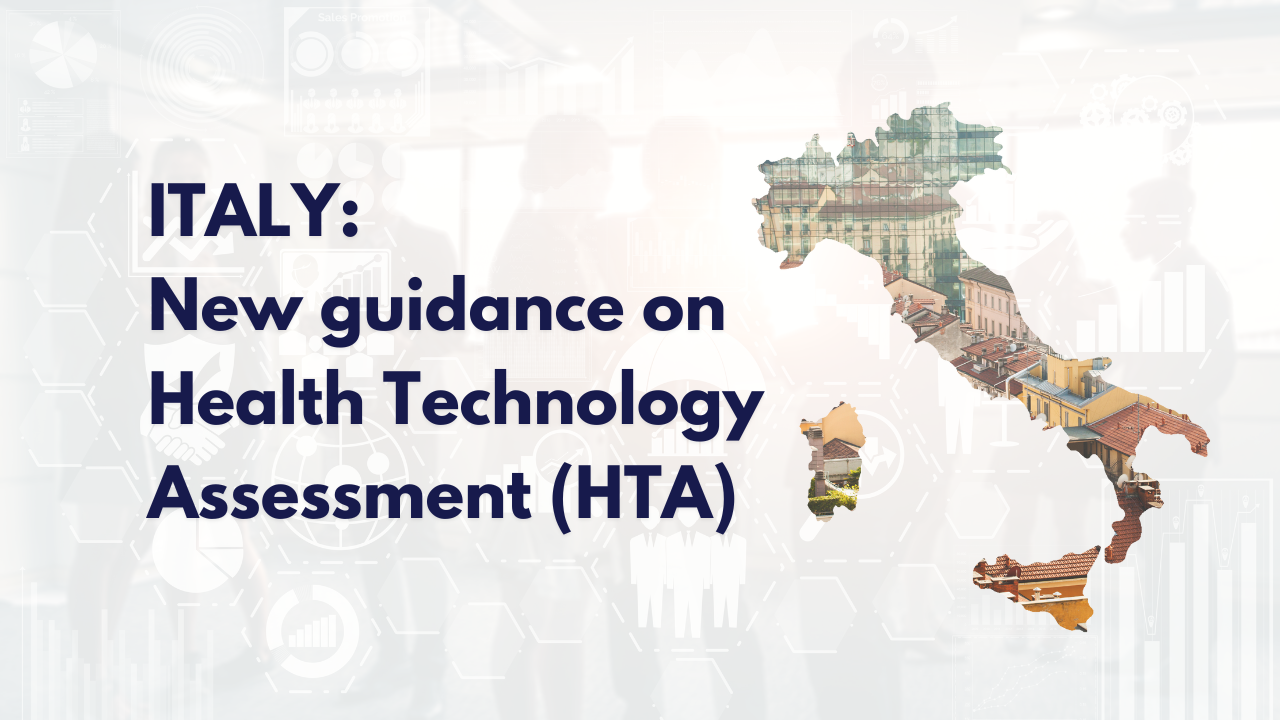Assessing the performance of health technology assessment (HTA) agencies: developing a multi-country, multi-stakeholder, and multi-dimensional framework to explore mechanisms of impact
In
2015, the United Nations (UN) launched the Sustainable Development Goals
(SDGs), aiming to achieve Universal Health Coverage (UHC) for everyone. Health
Technology Assessment (HTA) plays a crucial role in this effort by
evaluating the value of technologies in improving health relative to their
cost. This enables countries, even those with limited resources, to prioritise
health solutions that offer the greatest impact, ensuring that budget
constraints do not hinder effective funding allocation.
Public
organisations like the National Institute for Health and Care Excellence (NICE)
in the United Kingdom (UK) and the Health Intervention and Technology
Assessment Programme (HITAP) in Thailand, along with not-for-profit agencies
like the Institute for Clinical and Economic Review (ICER) in the United States
(US), form the backbone of this evaluation process. They transform data into
actionable insights that shape the future of healthcare.
However,
establishing and maintaining these agencies demands significant resources. While
existing literature has addressed HTA’s impact, the studies are often heterogenous
in their objectives, definitions of HTA and its impact, and the scope of
evaluations depending on the national context. This variation complicates
cross-country comparisons, and applying “linear” HTA frameworks in broader healthcare
and economic evaluations can be challenging.
To
address these limitations, the study re-examined the impact of HTA agencies by viewing
HTA as an institution, rather than merely as a “knowledge product,” and developed
an impact evaluation framework from a multi-dimensional, multi-stakeholder
perspective. Nine experts from the global HTA community in Australia, Canada,
Thailand, and the UK were interviewed to explore their views on the role of
national HTA agencies. The data were analysed using logic modelling and impact
mapping to identify and understand the mechanisms of change.
The study
found that the main goal of an HTA agency is to support a cost-effective and
equitable healthcare system. To achieve this, agencies need to pursue several key
sub-objectives: conducting robust HTA studies, using HTA for agenda-setting and
policy formation, engaging with external stakeholders, maintaining a good
reputation and integrating seamlessly into the healthcare and policy-making
system, using HTA as a negotiation tool for health technology pricing, and
effectively implementing policy changes related to health technologies. The study
also proposed indicators for each sub-objective and suggested testing the
framework across various scenarios beyond healthcare systems.
The
findings and the framework developed offer a fresh perspective on how HTA
agencies impact the delivery of UHC. This can be useful for countries considering
the establishment or management of national HTA agencies, as well as for
development partners funding HTA initiatives.
To
learn more about the study, please find the link here: Assessing the performance of Health Technology Assessment (HTA) agencies: developing a multi-country,
multi-stakeholder, and multi-dimensional framework to explore mechanisms of
impact | Cost Effectiveness and Resource Allocation | Full Text (biomedcentral.com)
Acknowledgements
This article has been reviewed by Tanainan
Chuanchaiyakul, Natcha Kongkam and Serah Clarence.


